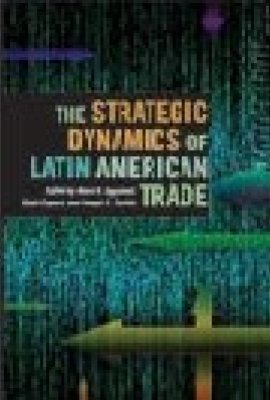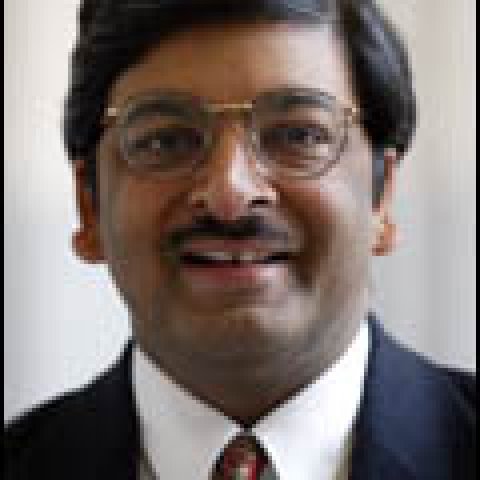Vinod K Aggarwal
Fellow
Professional Affiliation
Professor of Political Science and Director, Berkeley APEC Study Center, University of California at Berkeley; Also: Affiliated Professor, Haas School of Business, University of California, Berkeley; Editor-in-Chief, Business and Politics; Associate Fellow, International Economics Program, The Royal Institute of International Affairs (Chatham House), London, U.K.
Expert Bio
My background has been international from the very outset, and thus international relations and political economy have been in my blood. I was born in Seattle, as my father was a professor at the University of Washington (having come from India to do his Ph.D. at Stanford in the early 1950s). We soon began to travel extensively as my father moved to Canada for a couple of years and then joined the Food and Agriculture Organization and was posted to Santiago, Chile. I attended a British school in Chile and an American school in Lima, Peru. After a short three-year stint in America's heartland in Ames, Iowa, I spent my formative high school years in Rome, Italy. I completed my undergraduate degree at the University of Michigan and became fascinated by international trade policies and international relations. When I went to graduate school at Stanford, I initially began to work on the relationship between trade and international conflict. Soon, I began to pursue my interests in trade protectionism in various countries and developing countries' trade strategy—leading me to write a dissertation on international textile and apparel trade. After I moved to the University of California at Berkeley, I revised my thesis for publication as Liberal Protectionism: The International Politics of Textile Trade (1985). Given the tremendous amount of negotiation and bargaining in trade, I began to focus on formal bargaining theory and wrote several articles on a number of different issue areas using game theoretic models. I then completed a major (600 page!) book on sovereign debt titled Debt Games: Strategic Interaction in International Debt Rescheduling (1996). In 1996, I created the Berkeley APEC Study Center, and returned to my earlier interests in trade. In particular, I became very interested in varying trade strategies in Asia, Latin America, and Europe—particularly with the rise of regionalism and interregionalism. The result of this focus has been a host of edited volumes on the Asia Pacific, the EU's move to interregional agreements, and Latin American trade strategies. In addition, because I was teaching at the Haas School of Business as well as in political science, I founded and continue to serve as Editor-in-Chief of a journal titled Business and Politics. I also completed a series of three books on corporate market and nonmarket strategy called Winning in Asia (2001, 2002, and 2003). My Wilson Center project focuses on explaining the current U.S. emphasis on multiple modes of trade liberalization -be they unilateral, bilateral, minilateral, or multilateral. What are the governmental, nongovernmental, and private forces promoting these types of arrangements? And what are the likely responses of other states in the system? And what will this mean for the stability of the trading order and the World Trade Organization? By having the opportunity to reflect on these issues, I hope to be able to bring some order to my own thinking as well as to illuminate these questions, which have increasingly engaged scholars and practitioners in a variety of fields.
Education
B.A. (1975) University of Michigan; M.A. (1977) Stanford University; Ph.D. (1981) Stanford University
Expertise
U.S. trade policy; international trade institutions; globalization; international debt rescheduling, international political economy and international relations
Wilson Center Project
"The U.S. and the Future of the International Trade System"
Project Summary
Despite the success of the Doha meeting in November 2001 in relaunching a new round of World Trade Organization negotiations, the trading system has looked increasingly fragile ever since the 1999 Seattle debacle. Is the current U.S. emphasis on multiple modes of trade liberalization—unilateral, bilateral, minilateral, or multilateral—viable as a strategy to maintain a stable trading order? What are the interests of nongovernmental and private forces in different arrangements? And how will other states respond? Through an investigation of past and current U.S. trade policy, my project will explore prospects for the future of the international trading order.
Insight & Analysis by Vinod K Aggarwal
Filter
- Publication
The Strategic Dynamics of Latin American Trade

